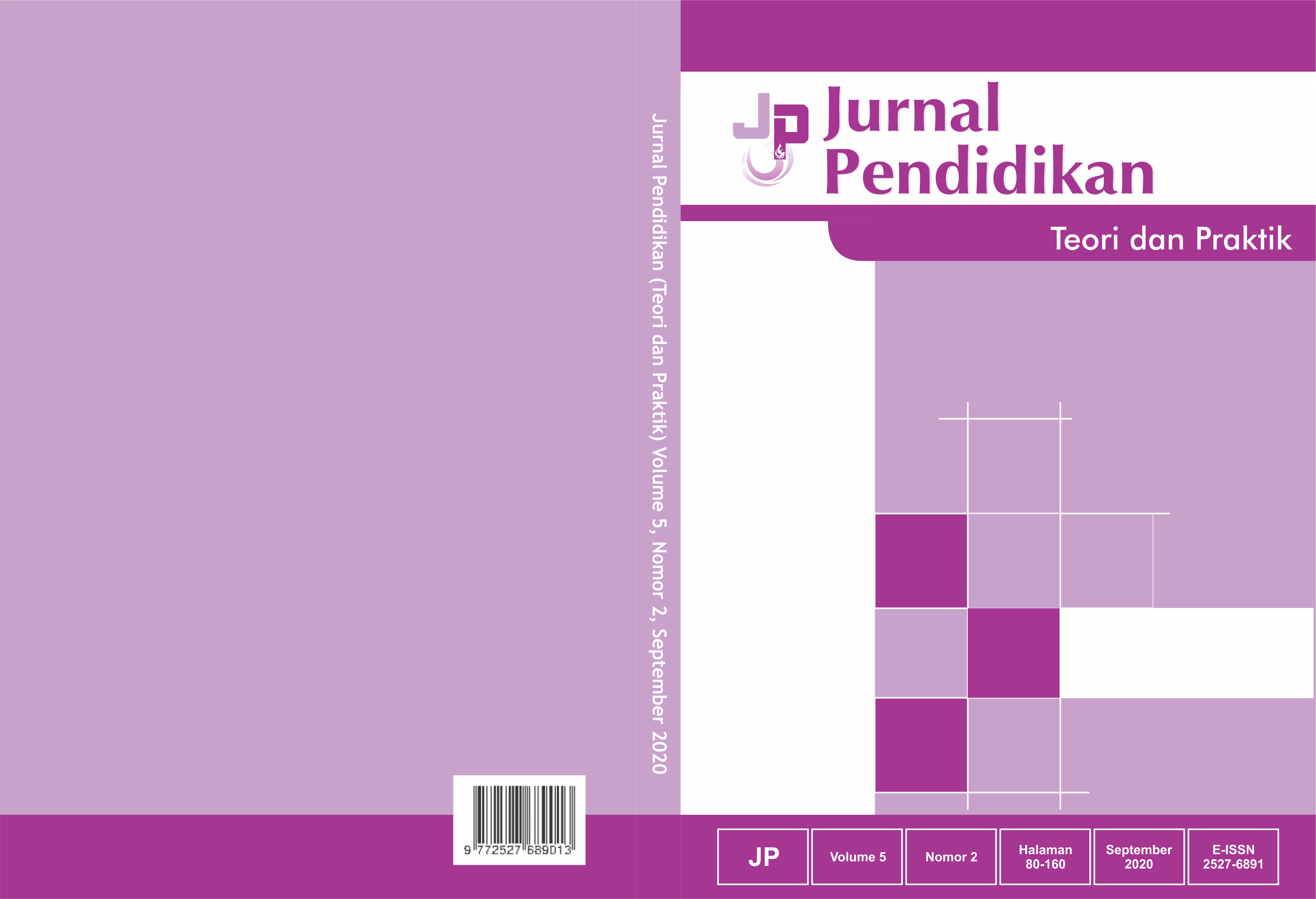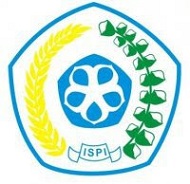Memahami Manajemen Pendidikan dan Kepemimpinan pada Mahasiswa Melalui Pembelajaran Kontekstual
DOI:
https://doi.org/10.26740/jp.v5n2.p40-49Keywords:
organisasi kemahaiswaan, kepemimpinan, pembelajaran kontekstualxAbstract
Pengalaman belajar secara kontekstual diperlukan guna membekali peserta didik denga keterampilan yang dibutuhka sesuai dengan kebutuhan masyakat. Mahasiswa memiliki kesempatan dalam belajar dengan porsi yang lebih leluasa. Tujuan penelitian ini adaah untuk memahami manajemen pendidikan dan kepemimpinan pada mahasiswa melalui pembelajaran kontekstual melalui organisasi kemahasiswa. metode yang digunakan adalah kualiatatif fenomenologi. Hasil penelitian menunjukan bahwa melalaui organisasi adalah sifat kepemimpinan keyakinan, sifat kepemimpinan intelegensi, sifat kepemimpinan kepercayaan sosial, sifat kepemimpinan integritas. Pembelajaran kontekstual pada mahasiswa melalui organisasi di maknai sebagi aktivitas yang bermakna sehingga mengkohkan kepemimpinan pada mahasiswa.
References
Downloads
Published
How to Cite
Issue
Section
 Abstract views: 746
,
Abstract views: 746
, PDF Downloads: 676
PDF Downloads: 676








.png)





